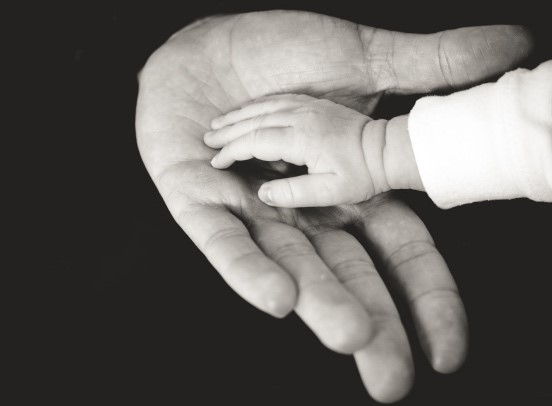How do you make comparisons in English
Comparisons are ways to say that a noun—person, place or thing—has more or less of a particular quality. In the English language, there are 3 degrees of comparison, the ‘positive’, the ‘comparative’, and the ‘superlative’.
3 Degrees of Comparison
 The Positive Degree
The Positive Degree
The ‘positive’ degree uses the base form of an adjective—tall, short, large, small, are all adjectives, the “base” form is simply the word in its unaltered, basic form.
Form the ‘positive’ degree of comparison by using “as” + the base form of your adjective + “as”, or “not as” + the base form of your adjective + “as”, or “not so” + the base form of your adjective + “as”.
Lester is as tall as Keith.
The puppy is not as small as I thought she’d be.
The Comparative Degree
The ‘comparative’ degree is used to denote a higher degree than the ‘positive’, and also to compare 2 or more people or things.
To form the ‘comparative’ degree when the adjective used is 1 syllable (tall, small…) you use the base form of the adjective + “er”.
Kim is taller now.
My portion is smaller.
Usually, you are comparing people or things TO each other, in this case, you use the base form of the adjective + “er” + “than”.
Kim is taller now than she was last year.
My portion is smaller than yours!
When the adjective used is 2 syllables, but ends in the letter “y” (happy, wacky…) you use the base form of the adjective + “ier”. The “i” replaces the “y” in the word.
He’s happier today.
The characters have become wackier in the rewrite.
The same rules apply for comparing people or things to each other, you just use the “ier” ending for the “y” ended adjectives.
He’s happier today than he was yesterday.
The characters have become wackier in the rewrite than I thought they would.
When the adjective used is 2 or more syllables, and you CAN’T change the ending (beautiful, handsome…) you use “more”/” less” + the base form of the adjective.
This flower is more beautiful.
To compare people or things to each other you use “more”/” less” + the base form of the adjective + “than”.
This flower is more beautiful than any other I have seen!
The Superlative Degree
The ‘superlative’ degree is the highest degree—more than 2 people or things are being compared; it’s used to single someone or something out.
To form the ‘superlative’ you use the base form of the adjective + “est” or “iest”.
This is the highest mountain.
I just had the tastiest meal.
You CAN compare a superlative, but the comparison is to everyone or everything else!
This is the highest mountain in the world.
I just had the tastiest meal ever prepared.
Comparisons are made every day by everyone. Even youJ It’s how you make decisions— “I’ll have lunch here today, it’s healthier than McDonald’s”. OR “I’m taking this teacher’s class, she’s the smartest instructor here!”
Sure, there are a few tricky English language ‘positive’, ‘comparative’, and ‘superlative’ degree word forms (good, better, best, or bad, worse, worst…), comparisons are actually one of the easier parts of English language grammar.




















